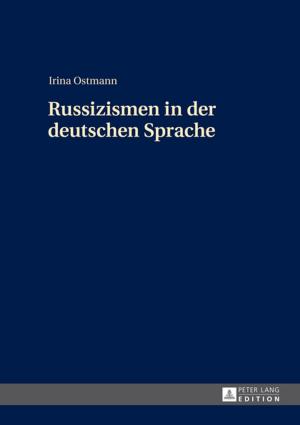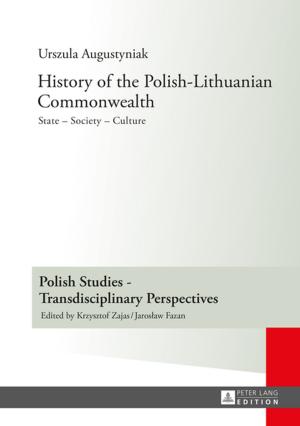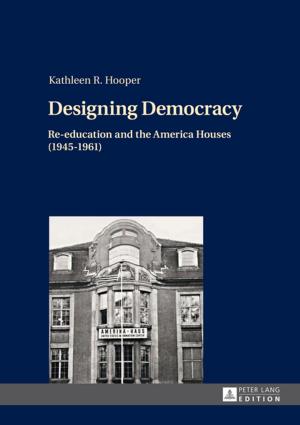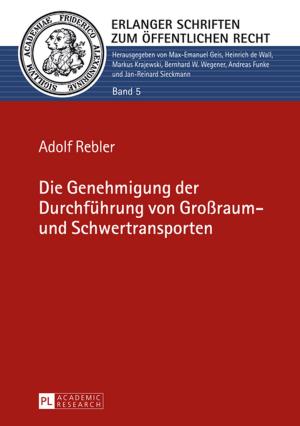Corpus Analysis for Descriptive and Pedagogical Purposes
ESP Perspectives
Nonfiction, Computers, Database Management, Data Processing, Reference & Language, Language Arts, Public Speaking, Study Aids, ESL| Author: | ISBN: | 9783035196016 | |
| Publisher: | Peter Lang | Publication: | March 12, 2014 |
| Imprint: | Peter Lang AG, Internationaler Verlag der Wissenschaften | Language: | English |
| Author: | |
| ISBN: | 9783035196016 |
| Publisher: | Peter Lang |
| Publication: | March 12, 2014 |
| Imprint: | Peter Lang AG, Internationaler Verlag der Wissenschaften |
| Language: | English |
There is hardly any aspect of verbal communication that has not been investigated using the analytical tools developed by corpus linguists. This is especially true in the case of English, which commands a vast international research community, and corpora are becoming increasingly specialised, as they account for areas of language use shaped by specific sociolectal (register, genre, variety) and speaker (gender, profession, status) variables.
Corpus analysis is driven by a common interest in ‘linguistic evidence’, viewed as a source of insights into language phenomena or of lexical, semantic and contrastive data for subsequent applications. Among the latter, pedagogical settings are highly prominent, as corpora can be used to monitor classroom output, raise learner awareness and inform teaching materials.
The eighteen chapters in this volume focus on contexts where English is employed by specialists in the professions or academia and debate some of the challenges arising from the complex relationship between linguistic theory, data-mining tools and statistical methods.
There is hardly any aspect of verbal communication that has not been investigated using the analytical tools developed by corpus linguists. This is especially true in the case of English, which commands a vast international research community, and corpora are becoming increasingly specialised, as they account for areas of language use shaped by specific sociolectal (register, genre, variety) and speaker (gender, profession, status) variables.
Corpus analysis is driven by a common interest in ‘linguistic evidence’, viewed as a source of insights into language phenomena or of lexical, semantic and contrastive data for subsequent applications. Among the latter, pedagogical settings are highly prominent, as corpora can be used to monitor classroom output, raise learner awareness and inform teaching materials.
The eighteen chapters in this volume focus on contexts where English is employed by specialists in the professions or academia and debate some of the challenges arising from the complex relationship between linguistic theory, data-mining tools and statistical methods.















